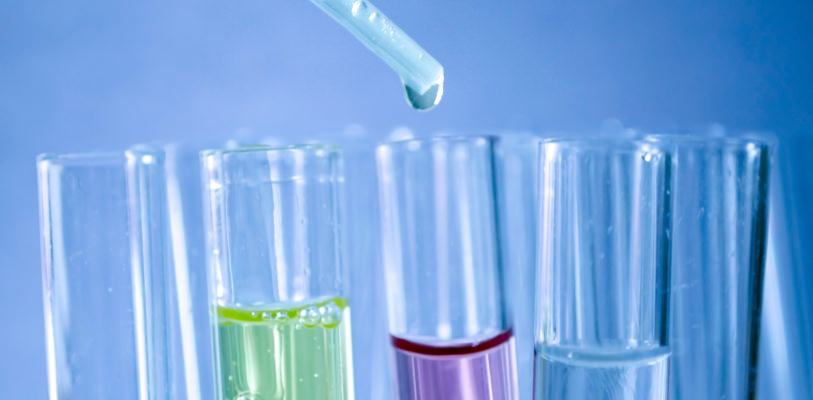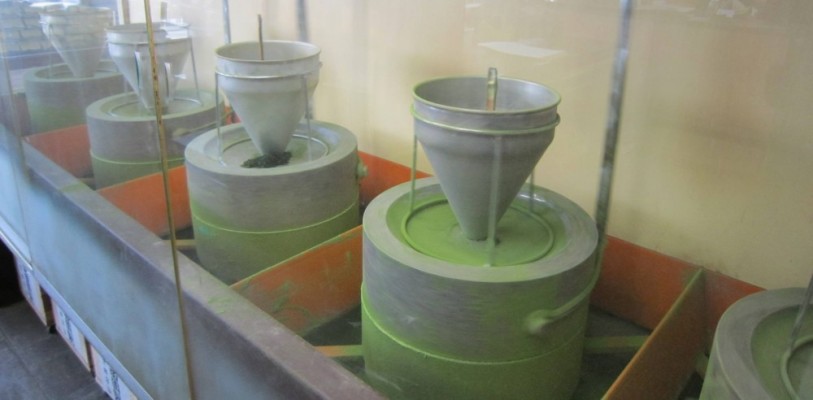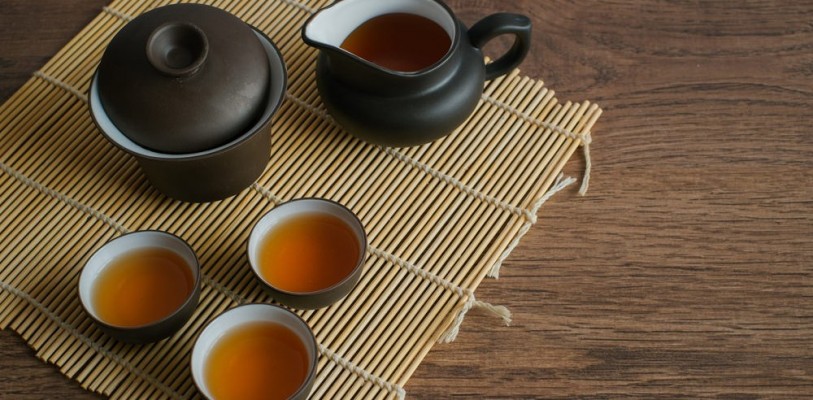
EGCG (epigallocatechin gallate) is a catechin that is found in fruits, vegetables, nuts and tea. It is a potent antioxidant that is believed to have many health benefits.
Epigallocatechin gallate is considered the most important active component of all the catechins. And it just so happens to make up about 59% of the catechins found in green tea leaves.
It is important because this particular antioxidant may be able to reduce the number of free radicals found in your body. The fewer free radicals you have, the better. Research has shown that it may not only have the capability to prevent cancer cells, but it may even kill them.
In one interesting study I found in the Frontiers in Endocrinology Journal, researchers found that physiological concentrations of EGCG prevented cell growth of breast cancer cells and even caused them to die. It also affected the cell proteins that help the cancer cells grow and survive, and showed no effect on normal, healthy cells.
The reason this study is so important is because they used very low amounts of epigallocatechin gallate. Where most other studies use extremely high levels, from 20 to 200 μm (microns), which could cause unwanted side effects to your cells. This study used a very low amount, 1 to 7 μm (microns), and still had positive findings.
Antioxidants and epigallocatechin gallate can be found in fruits, vegetables, nuts and teas. However, it is most abundant and organically active in green tea. It has 2 to 3 times more than black tea does, with an average of 80 mg for every gram of tea.
You can also get these antioxidants from supplements, but I would use extreme caution. The high levels of EGCG found in capsules can cause toxicity in the liver, kidneys and intestines and can also lead to vomiting, diarrhea, or even death.
The side effects from drinking green tea are no worse than those of drinking other teas or even coffee.
A range from 10 to 29 milligrams of green tea extract per day per kilogram of body weight would be considered a high dosage and could lead to toxicity.
Zeng, L., Holly, J. P., & Perks, C. M. (2014). Effects of physiological levels of the green tea extract epigallocatechin gallate (EGCG) on breast cancer cells. Frontiers In Endocrinology, 5 (61).


